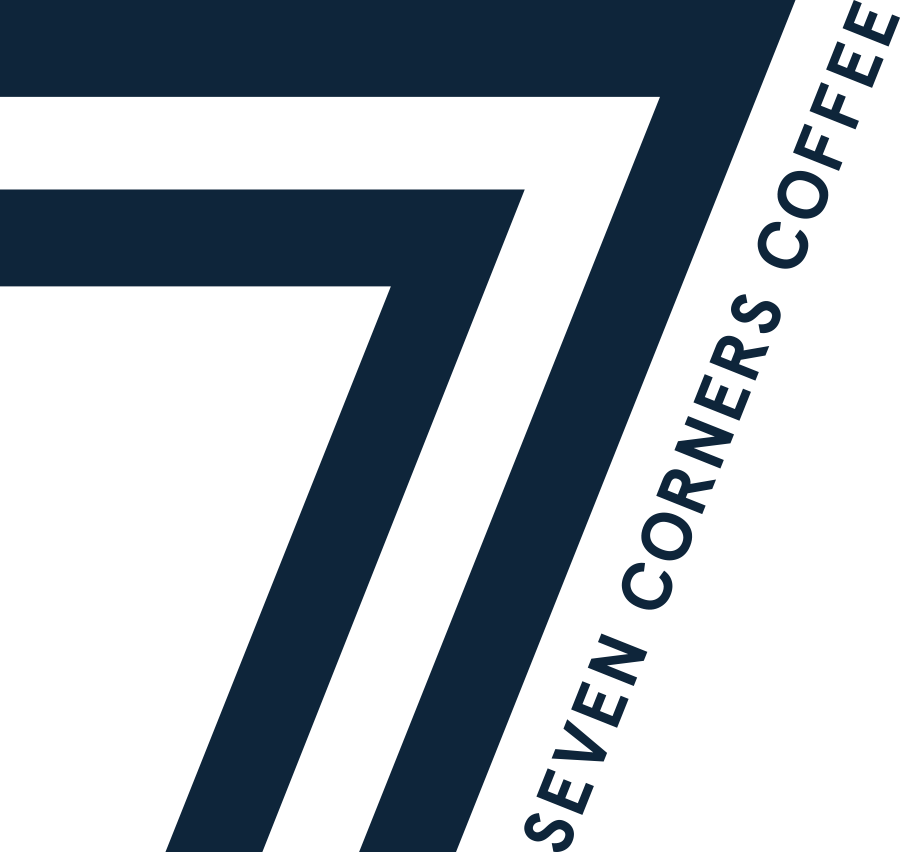Specialty coffee is the highest quality coffee on the market, and it just so happens to be what we serve each of our customers at 7 Corners specialty coffee in downtown Minneapolis.
Our coffee is unique. And we know you may have a few questions about it.
If you’re wondering, what makes specialty coffee so special? You have come to the right place. Let’s dive into it by answering some of the most frequently asked questions about specialty coffee.
Where does coffee come from?
This age-old question may seem silly, but many people aren’t sure of the answer. We call coffee a “bean” but it is actually much different from the other beans you are used to. Coffee grows on a tree. Coffee is the seed of the coffee fruit, which looks like a little red or purple “cherries”. This tress grows in tropical climates near the equator.
What does Arabica or Robusta mean?
You have probably seen these terms as you browse your local grocery store coffee aisle. But what do they mean?
Arabica coffee comes from a specific coffee plant called Coffea arabica and is a higher grade coffee bean. The beans this plant grows to account for over 60% of the beans cultivated across the world. The arabica coffee plant originated in Ethiopia. It grows up to 15 feet tall. Arabica coffee has a rich, smooth, sweet taste with notes of chocolate and sugar.
Coffee must is Arabica in order to be classified as specialty coffee, but be careful not all arabica coffee is specialty coffee.
Robusta coffee comes from beans growing on the Coffea canephora plant. Robusta coffee is known to have a bitter taste. It is generally used in instant coffee or as a filler in coffee blends. Robusta coffee plants are hardy, resistant to disease, and produce high yields. It also contains more caffeine
What’s special about specialty coffee?
In order to be considered a specialty coffee, the coffee beans must be grown in a particular way and handled with care every step of the way, from the farm to your cup.
The quality of coffee is graded on a 100-point scale. In order to qualify as a specialty coffee, it must score an 80 or above on the coffee grading scale. This grading is done by visual inspection and a process called cupping.
Other qualifications include the coffee’s growing region, the supply chain, and the brewing methods. Again, each step must be handled with care and done to the highest quality.
How are Specialty Coffee beans harvested?
Most specialty coffee is hand-picked with care. Because it’s growing at a higher altitude, coffee plants are usually on steep slopes. Only larger and flatter farms can use harvesting tractors, so machine picking is out of the question!
What Does Fairtrade mean?
Fairtrade was created as an answer to address disparities between small coffee farms and larger subsidized farms across the world. Fairtrade focuses on the conditions of coffee farmers across the globe.
The fair trade system is all regulated by a company called Fairtrade International. The system includes a chain of farmers, exporters, importers, producers, and distributors.
What Does Direct Trade Mean?
Direct trade focuses a lot of emphasis on the quality and origin of a product, or in our case, coffee beans. Through direct trade, distributors buy directly from farmers across the globe. This results in fewer middlemen between those who farm the coffee and, you, who is drinking it.
This usually results in higher quality at lower prices for distributors, without multiple middle man markups. This can be beneficial to everyone involved as farmers have more power and say in the prices they charge, as well as the overall process, distributors pay less, and you get a better cup of coffee.
Where can I try Specialty Coffee?
We are happy to see that specialty coffee or “Third Wave Coffee” shops are becoming more popular all across the country. Locally to Minneapolis, however, you can stop into either of our two 7 Corners coffee locations to experience the difference in specialty coffee yourself.

